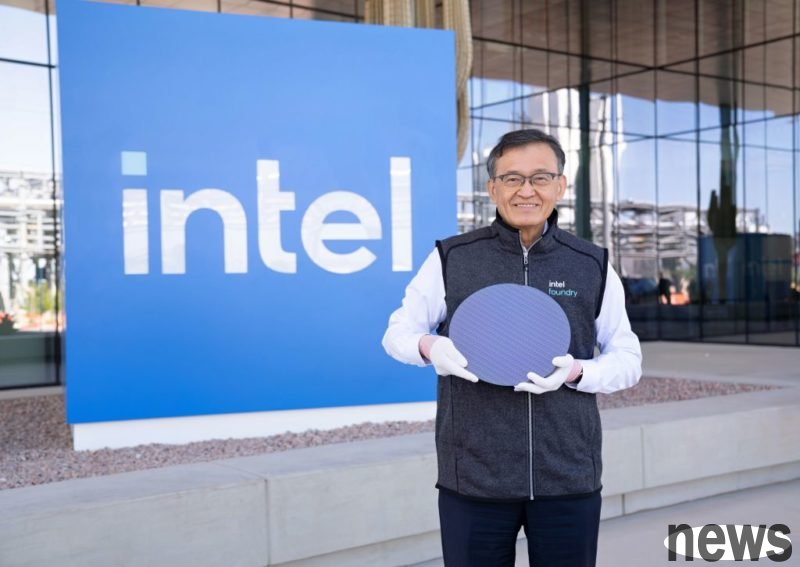In 2025, Intel Foundry Services (IFS) business will continue to be sluggish, with revenue scale far behind TSMC, and there is still a long way to go before reaching breakeven. According to data from SemiAnalysis, a semiconductor analysis agency, Int...

In 2025, Intel Foundry Services (IFS) business will continue to be sluggish, with revenue scale far behind TSMC, and there is still a long way to go before reaching breakeven.
According to data from SemiAnalysis, a semiconductor analysis agency, Intel's wafer foundry revenue in 2025 is estimated to be US$120 million, which is only one thousandth of TSMC's revenue during the same period, and is even more insignificant in the face of Intel's huge capital expenditures, especially Intel's huge investment in developing advanced processes such as Intel 18A.
After Intel’s new CEO Chen Liwu took office, many departments are making structural adjustments, including consumer products and artificial intelligence business, indicating that they are seeking transformation. However, in the foundry field, IFS commercialization still faces severe challenges.
Despite this, the market still shows some interest in Intel's new generation manufacturing technology. Currently, companies such as Tesla, Broadcom and Microsoft are paying attention to Intel's upcoming intel 18A and 14A process nodes. These potential cooperation are seen as the key to whether IFS can regain its momentum and re-enter the global foundry competition.
Intel has not yet fully demonstrated the actual appearance of the Intel 18A node process. However, the market generally believes that Intel’s own Panther Lake and Clearwater Forest series processors to be launched next will become an important key to testing the development of IFS technology.
In addition, Chen Liwu has previously stated that if Intel 14A fails to obtain important external customers and fails to reach important milestones, the company may slow down or even cancel the development of Intel 14A and subsequent advanced node processes. This means that the market performance of Intel's 14A and other node processes will directly determine the future survival of Intel's foundry business.
However, some market participants pointed out that it is not completely fair to directly compare Intel and TSMC because there is a significant gap in scale and market position between the two. But this comparison also reflects that technological backwardness in the semiconductor manufacturing competition will lead to long-term lag in competitiveness. Therefore, as Arm CEO Rene Haas said previously, in the chip industry, once you fall behind, it is difficult to catch up. Currently, TSMC still dominates the global foundry market, while Intel is still trying to find a breakthrough.